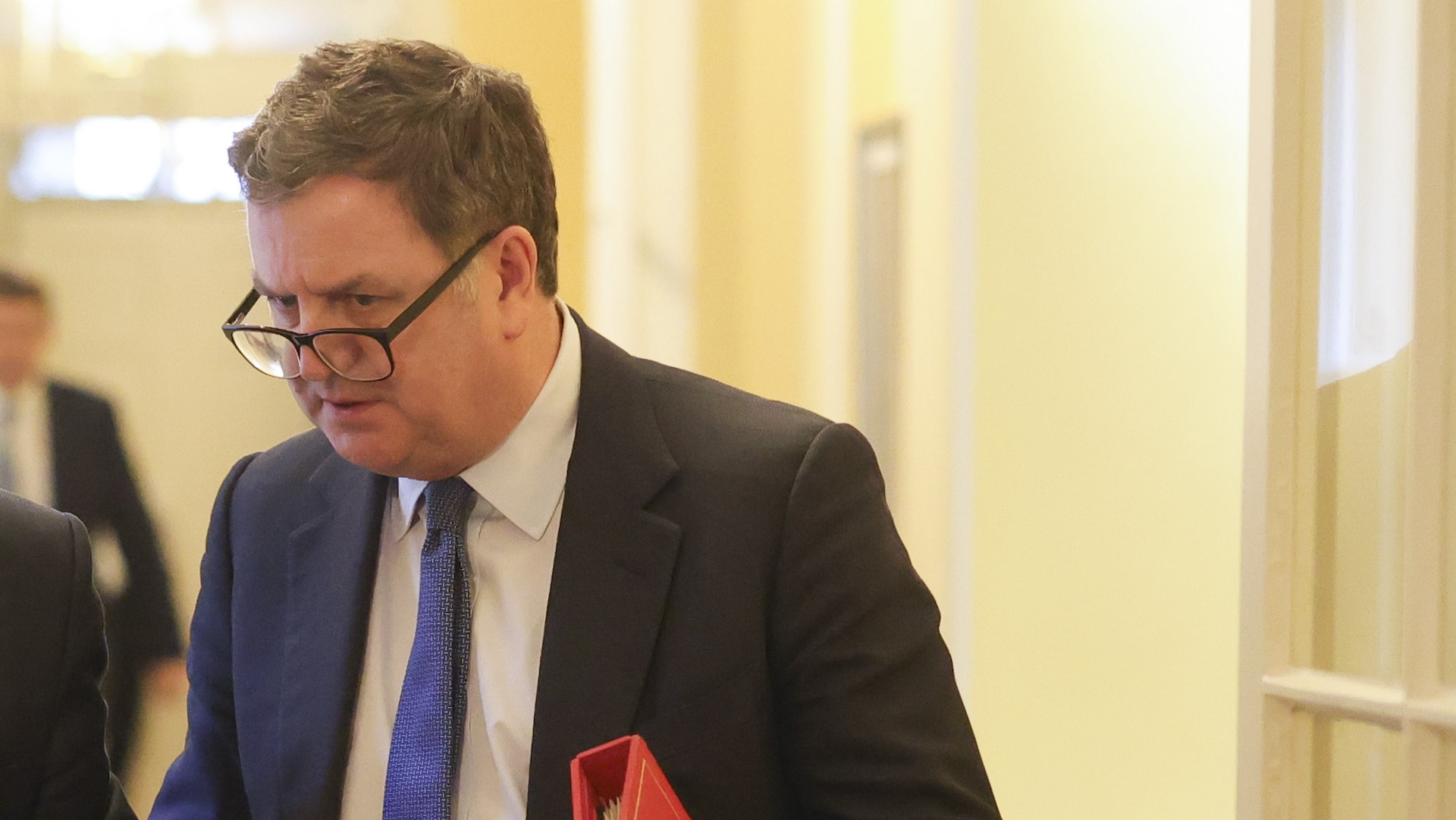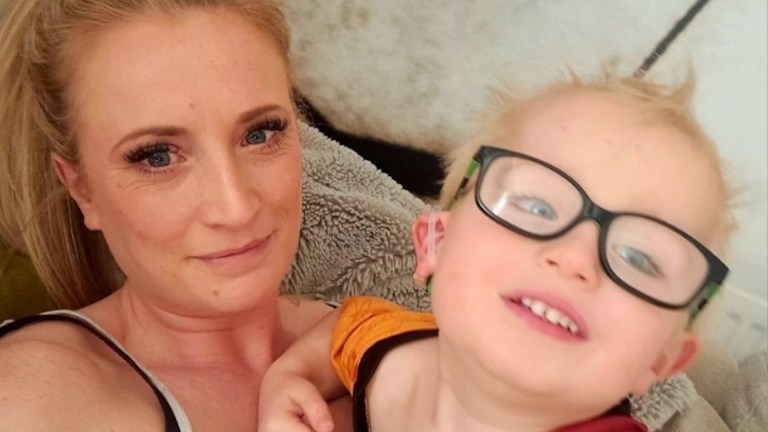James Taylor, executive director of strategy at disability equality charity Scope, said: “It’s hard to have any faith that this consultation is about anything other than cutting the benefits bill, no matter the impact.
“Life costs a lot more for disabled people, including people with mental health conditions. Threatening to take away the low amount of income PIP provides won’t solve the country’s problems.”
On average, disabled households (with at least one disabled adult or child) need an additional £975 a month to have the same standard of living as non-disabled households, according to Scope.
PIP helps people afford these extra costs of having a long-term physical or mental health condition or disability, as well as helping people who have difficulty doing everyday tasks or getting around because of their condition.
Depending on the results of the PIP assessment, people can receive a minimum of £29 a week and a maximum of £184 a week.
Taylor added: “Many of the current issues the prime minister speaks about are due to our crumbling public services, poor quality jobs and increasing rates of poverty. Not because of a so-called ‘mental health culture’ that’s gone too far. The government needs to end this reckless assault on disabled people and focus on how to fix the real underlying issues.”
Advertising helps fund Big Issue’s mission to end poverty
Scope has launched a petition, backed by charities including Macmillan Cancer Support and Sense, calling on the government to stop demonising those who cannot work, help support people into work if they want to do so, and establish a benefits system that treats people with kindness.
There were 3.3 million people receiving PIP in England and Wales, according to the government’s statistics for January 2024. In Scotland, the adult disability payment has replaced PIP, so it is unlikely to impact claimants there.
Cutting PIP for future claimants will lead to a big hit to living standards.On average, PIP makes up around a fifth (21%) of incomes for households where someone receives it. This increases to a third for those on the lowest incomes.
Iain Porter, senior policy adviser for the Joseph Rowntree Foundation said: “This is clearly an opportunity for the government to sound tough, but it is on the backs of people who are already facing huge challenges financially as well as with their health.
“The reality is that most people in receipt of PIP are unable to work, with more than a third of PIP recipients in workless households unable to keep their home warm and over 40% experienced food insecurity, worse levels than other workless households, in a benefits system this government designed.”
The majority (88%) of PIP claimants are not working. Among this group, around 35% of people were also unable to keep their homes warm, and around 70% face material deprivation. That is three times the rate across all working-age households.
Advertising helps fund Big Issue’s mission to end poverty
Porter added: “Almost two thirds of people in destitution – the most severe form of hardship and one which has risen to nearly four million people in recent years – have a chronic health condition or disability. People in this position should not be used as a political football. Even if there is no prospect of these changes coming in ahead of the general election, this rhetoric leaves many facing an uncertain future compounded by misinformation and stigma.
“Reform of disability benefits has been tried before and it has failed before. The government would do better to focus on tackling the causes of ill health affecting the population – such as deep poverty that means millions of people going without essentials needed to keep them warm, clean and fed. Hardship needs action now, not more rhetoric from politicians.”
PIP is already difficult to access. Just 41% of people are awarded PIP if claiming for the first time, but the success rate of those who appeal PIP decisions is around 70%. As the Big Issue has previously reported, the appeals process can be “traumatic”, lengthy and put people off challenging their decision.
Some claimants have been driven to “psychological trauma to the point of being suicidal”.
The DWP has forked out more than £350m over the last decade in staff costs in an attempt to uphold decisions about personal independence payments (PIP), according to freedom of information requests obtained by the Big Issue last year.
That is enough to cover the highest level of PIP payments for 36,500 people for an entire year.
Advertising helps fund Big Issue’s mission to end poverty
It comes less than a week after the United Nations Committee on the Rights of Persons with Disabilities concluded that the UK government has “failed to take all appropriate measures to address grave and systematic violations of the human rights of persons with disabilities and has failed to eliminate the root causes of inequality and discrimination”.
The committee found violations of disabled people’s rights, including in the welfare system – with reforms “premised on a notion that disabled people are undeserving and wilfully avoiding employment (‘skiving off’) and defrauding the system”. It claimed this has resulted in “hate speech” and “hostility” towards disabled people.
Ali Gunn, head of public affairs and policy at national disability charity United Response, said: “People’s welfare should not be used as a pawn in a political game. Poor decisions on welfare reform will be felt long after an election campaign. It’s time politicians focused on fixing the real issues behind long NHS wait lists and struggles to find jobs and housing rather than finger pointing.”
Around 26% disabled people face hunger, which is three times the rate for non-disabled people, and seven out of ten people referred to a food bank are disabled.
The Trussell Trust argues that “people are getting iller and less able to work or engage in other activities because of severe financial hardship”.
Helen Barnard, director of policy at the Trussell Trust, said: “Today’s suggestions on overhauling social security support for disabled people from the UK government look more like cost-cutting rhetorical flourishes than serious policy proposals.
Advertising helps fund Big Issue’s mission to end poverty
“Precarious and badly paid work that leaves you uncertain week to week if you’ll be able to pay the bills doesn’t help anyone. We need a system built on compassion, because it’s clear and always has been that if you make people poorer and even more frightened, they’re much less likely to recover from physical or mental health challenges.
“We do have the tools to tackle this, but we need policymakers to engage seriously. We need tailored and voluntary employment support. We need faster access to mental health support. We need any reform to PIP to be faster, more accurate, and more compassionate. And vitally, we need to see the introduction of an essentials guarantee to ensure a minimum income floor for people in receipt of universal credit and other benefits so that they at least cover the cost of essentials.”
Do you have a story to tell or opinions to share about this? We want to hear from you. Get in touch and tell us more.









